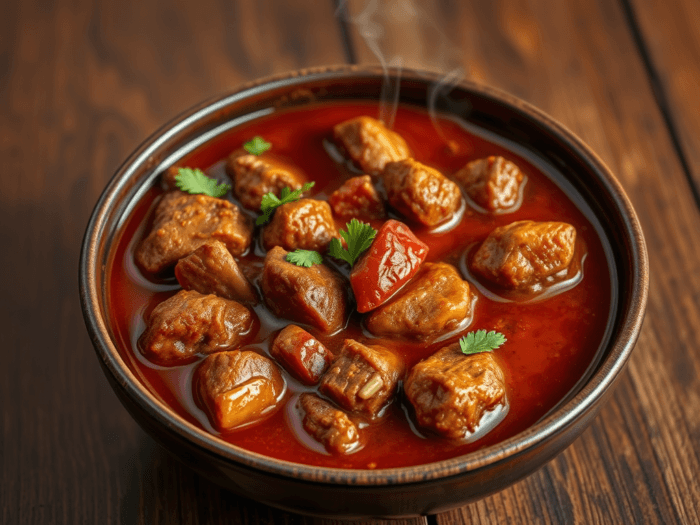
Mutton Curry Good for Health?
Is Mutton Curry Healthy? Mutton curry is a delectable dish loved in various cuisines worldwide, especially in South Asia, the Middle East, and Africa. Known for its rich flavors, mutton curry is more than just a culinary delight. It also offers cultural importance and nutritional and health-related significance. This article explores the potential benefits, risks, and preparation techniques of mutton curry, emphasizing its place in a balanced diet.
Introduction to Mutton Curry
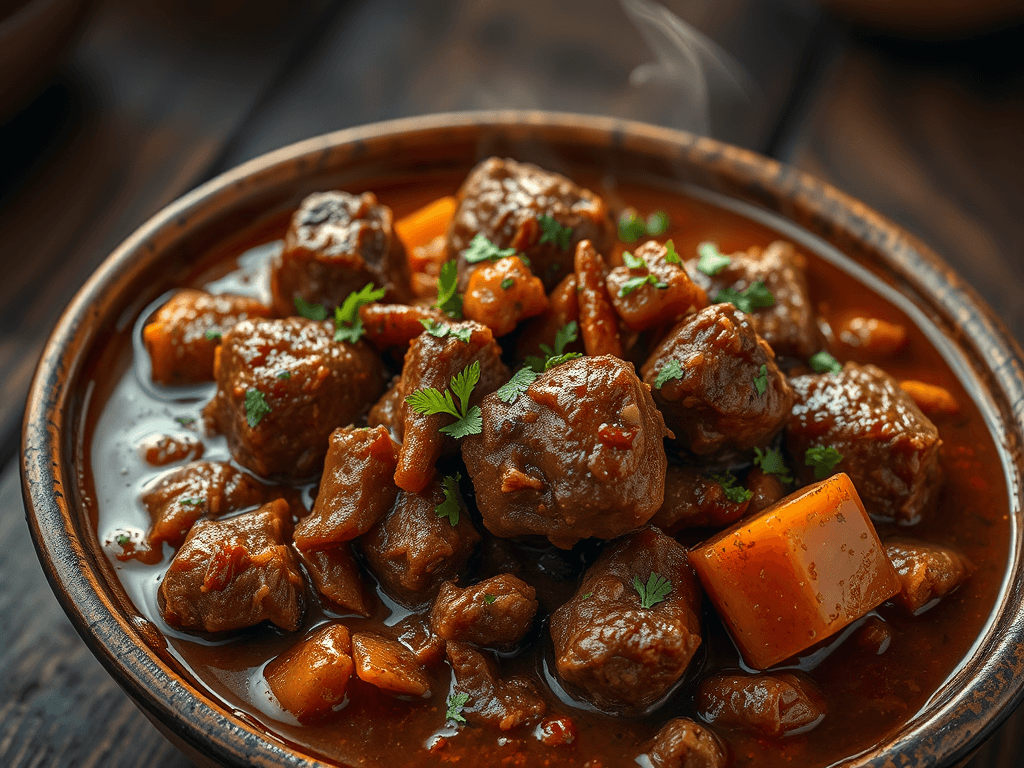
Nutritional Profile of Mutton
Mutton is packed with nutrients essential for health. It includes macronutrients like protein and fats. It also contains micronutrients like iron, zinc, and B vitamins.
Key Nutritional Highlights:
Health Benefits of Mutton Curry
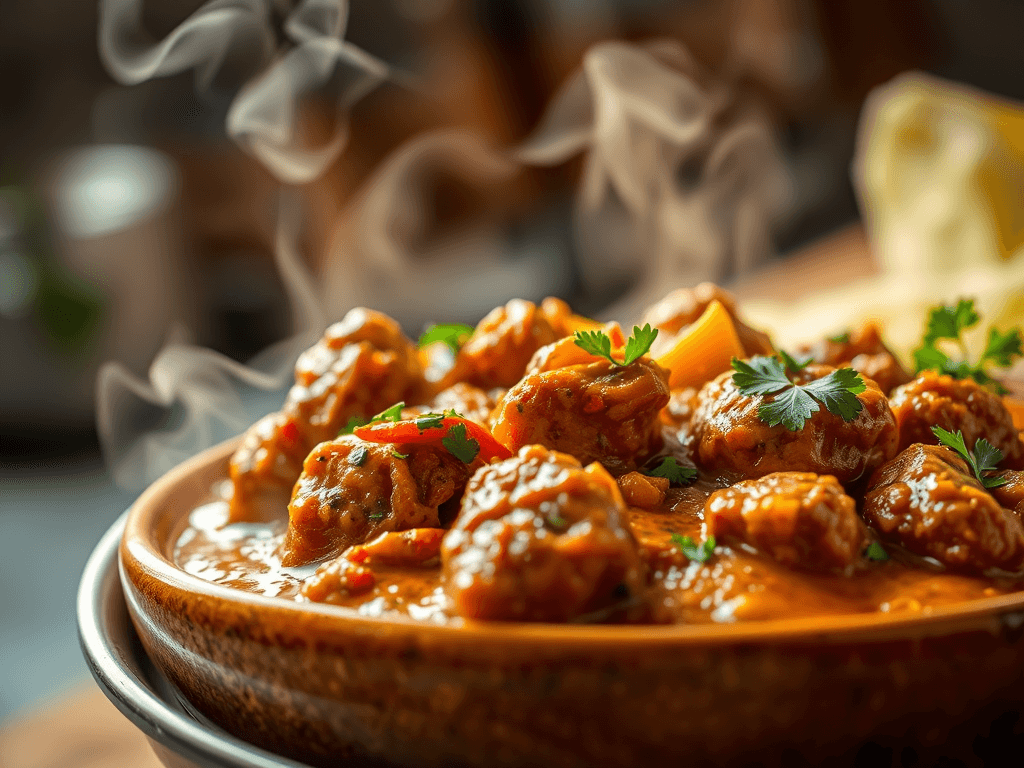
Mutton curry offers several health benefits due to its nutrient-dense ingredients and the spices used in its preparation.
1. Rich Source of Protein:
The high protein content aids in muscle growth, repair, and maintenance. This makes it ideal for athletes or those involved in physically demanding activities.
2. Improves Blood Health:
Iron in mutton supports hemoglobin production, reducing the risk of anemia and improving energy levels.
3. Heart-Healthy Fats:
When prepared with lean cuts and healthy fats, mutton curry contributes omega-3 fatty acids that help lower cardiovascular risks.
4. Anti-Inflammatory Properties:
Spices like turmeric, ginger, and garlic have anti-inflammatory effects, relieving symptoms of arthritis and other inflammatory conditions.
5. Supports Digestion:
Ingredients like cumin and coriander aid digestion, while the fiber from added vegetables enhances gut health.
6. Immune-Boosting:
Zinc and selenium strengthen the immune system, while antioxidants in the spices help combat free radicals.
Potential Health Risks of Mutton Consumption
Despite its benefits, mutton curry can pose health risks if consumed excessively or prepared unhealthily.
1. High Saturated Fat Content:
Mutton contains saturated fats, which can raise cholesterol levels and increase the risk of heart disease. Moderation is key.
2. Risk of Foodborne Illnesses:
Improper handling and cooking of mutton can lead to contamination by bacteria like Salmonella. Always cook mutton to an internal temperature of 145°F (63°C).
3. Purine Content and Gout Risk:
Mutton is high in purines, which can elevate uric acid levels and cause gout, especially in individuals with kidney issues.
Recommended Serving Sizes
Portion control ensures the health benefits of mutton curry without overloading on calories or fats.
- Adults: A serving size of 3-4 ounces (about the size of a deck of cards) is sufficient.
- Children (4-8 years): 2-3 ounces per serving.
- Active Individuals: Slightly larger portions can be consumed to meet higher protein and calorie needs.
Healthy Cooking Techniques for Mutton Curry
To make mutton curry healthier, consider these cooking techniques:
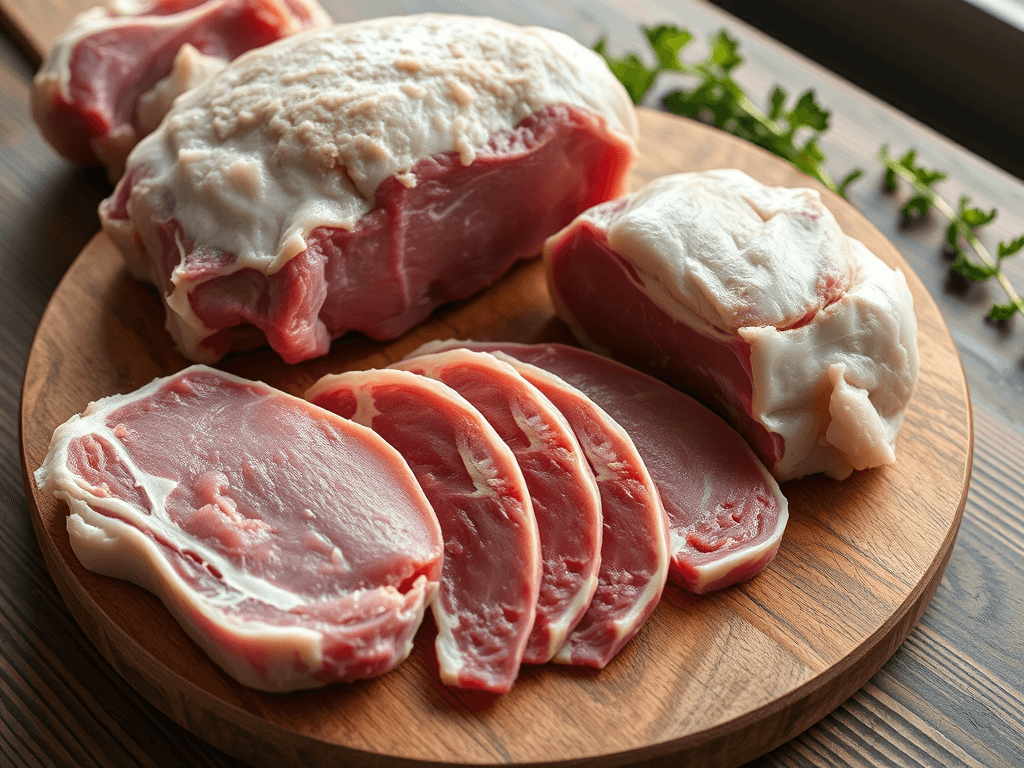
1. Use Lean Cuts of Meat:
Opt for cuts with minimal visible fat to reduce saturated fat content.
2. Cook with Healthy Fats:
Replace traditional cooking oils with heart-healthy options like olive oil or ghee.
3. Add Vegetables:
Incorporate nutrient-rich vegetables like spinach, carrots, or bell peppers to boost fiber and vitamin content.
4. Limit Salt and Sugar:
Use homemade spice blends to control sodium levels and avoid adding sugar.
5. Opt for Slow Cooking:
Slow cooking retains nutrients and enhances flavors without excessive use of oil or spices.
Balancing Mutton Curry in Your Diet
Mutton curry can be part of a healthy diet when paired with other nutrient-dense foods.
Whole Grains: Serve with brown rice, quinoa, or whole-grain bread for added fiber and sustained energy.
Fresh Salads: Pair with a salad of leafy greens, tomatoes, and cucumbers for a boost of vitamins and antioxidants.
Diverse Protein Sources: Alternate mutton with fish, poultry, and legumes to guarantee nutritional diversity.
Lifestyle Factors Influencing Health Outcomes
The health benefits of mutton curry are affected by overall lifestyle choices.
- Active Lifestyles: Physically active individuals can better metabolize the fats and calories in mutton curry.
- Dietary Habits: A balanced diet incorporating various food groups enhances the nutritional value of mutton curry.
- Personal Health: Individuals with specific conditions like hypertension or gout should consume mutton cautiously. They should consult healthcare providers for tailored advice.
Healthy Mutton Curry Recipe
Prep Time: 15 minutes
Cook Time: 45 minutes
Servings: 4
Ingredients:
Mutton (lean cuts): 500g, trimmed of visible fat
Onions: 2 large, finely chopped
Tomatoes: 3 medium, pureed
Garlic paste: 1 tablespoon
Ginger paste: 1 tablespoon
Low-fat yogurt: 1/2 cup
Turmeric powder: 1/2 teaspoon
Red chili powder: 1/2 teaspoon (adjust to taste)
Coriander powder: 1 tablespoon
Garam masala: 1 teaspoon
Cumin seeds: 1 teaspoon
Bay leaves: 2
Cardamom pods: 3
Cinnamon stick: 1-inch piece
Cloves: 4
Oil: 2 tablespoons (use olive oil or ghee)
Fresh cilantro: For garnish
Salt: To taste
Instructions:
- Preparation:
- Wash and pat dry the mutton pieces.
- Marinate them with yogurt, turmeric, and a pinch of salt. Let it rest for 30 minutes to an hour.
- Sauté Aromatics:
- Heat oil in a heavy-bottomed pan or pressure cooker.
- Add cumin seeds, bay leaves, cardamom, cinnamon, and cloves. Sauté until aromatic.
- Add chopped onions and cook until golden brown.
- Cook the Base:
- Stir in ginger and garlic paste. Cook for 1-2 minutes.
- Add tomato puree and spices (red chili, coriander, garam masala). Cook until oil separates from the mixture.
- Add Mutton:
- Mix the marinated mutton into the pan. Sear the pieces on high heat for 5 minutes, ensuring they are coated with the spices.
- Cook the Curry:
- Add water (1-2 cups) based on desired curry consistency.
- Cover and cook on low heat for 45 minutes or until the mutton is tender. (In a pressure cooker, cook for 3-4 whistles.)
- Garnish and Serve:
- Once cooked, garnish with fresh cilantro.
- Serve hot with brown rice, quinoa, or whole-grain bread.
Tips for Healthier Cooking:
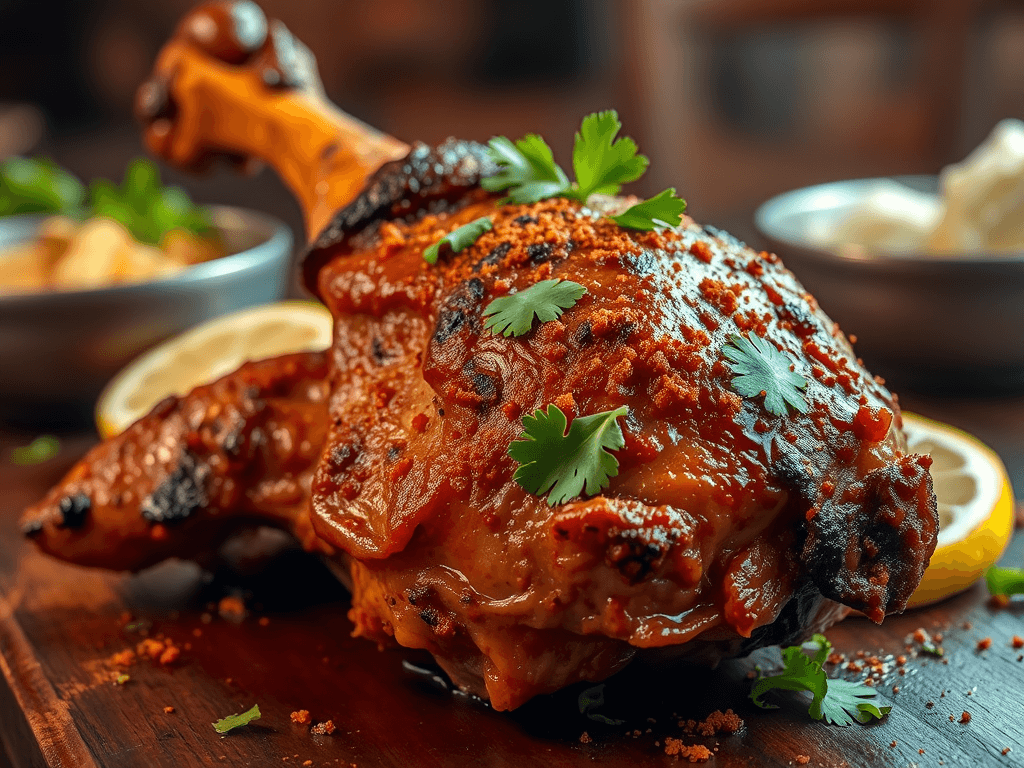
- Vegetable Additions: Include carrots, spinach, or bell peppers for added nutrients.
- Lower Fat Content: Skim off any excess fat that floats to the top during cooking.
- Control Spice Levels: Adjust spices based on personal preference for a milder or spicier flavor.
This mutton curry balances taste and health, making it a perfect addition to your meal plans. Enjoy the savory delight guilt-free!
Conclusion: Is Mutton Curry Good for You?
Mutton curry is a nutritious and flavorful dish offering a wealth of health benefits when consumed in moderation. Rich in protein, vitamins, and minerals, it supports muscle repair, blood health, and immune role. Nevertheless, its high fat content and potential risks need mindful preparation and part control.
To enjoy mutton curry while maintaining a balanced diet:
Choose lean cuts of mutton.
Pair it with vegetables and whole grains.
Use healthy cooking techniques and spices.
Reference:
The quality of goat meat and it’s impact on human health

Discover more from I-PICKS
Subscribe to get the latest posts sent to your email.
